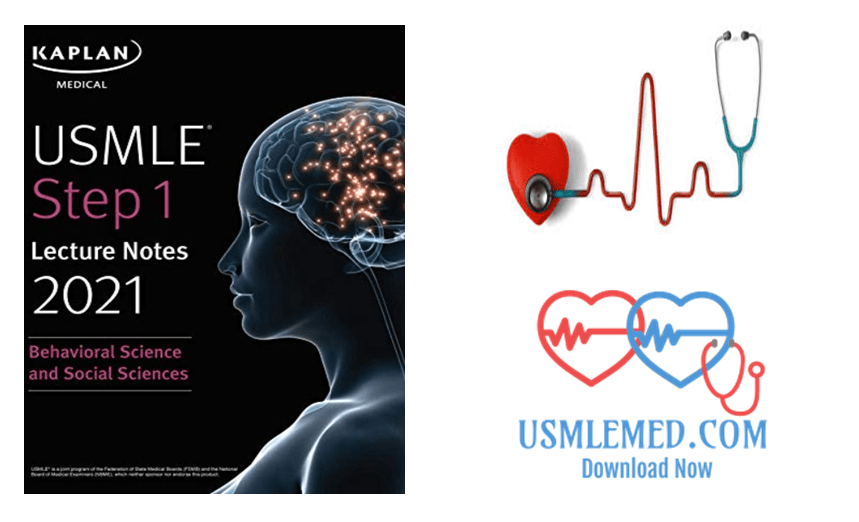How to Cover Kaplan Lecture Notes for USMLE? [16 Easy Points]
Covering Kaplan Lecture Notes effectively requires a structured study plan and a systematic approach. Here’s a step-by-step guide on how to cover Kaplan Lecture Notes for your USMLE Step 1 preparation:
1. **Get Organized:**
– Gather all the Kaplan Lecture Notes books relevant to your study plan (e.g., anatomy, biochemistry, pharmacology, etc.).
2. **Set a Study Schedule:**
– Create a realistic and well-organized study schedule. Allocate specific time slots for each subject or book, considering your strengths and weaknesses.
3. **Start with a Baseline Assessment:**
– Take an initial practice test or self-assessment to identify your weak areas. This will help you prioritize your study.
4. **Active Reading:**
– As you read each chapter, actively engage with the material. Take notes, underline key points, and create summary sheets for each chapter.
5. **Use Supplementary Resources:**
– Consider using other resources like First Aid for the USMLE Step 1, UWorld, or additional review books to reinforce what you’ve learned from Kaplan.
6. **Practice Questions:**
– After completing a section or chapter, practice questions related to that topic from question banks like UWorld. This helps reinforce your understanding.
7. **Flashcards and Anki Decks:**
– Create or use Anki flashcards to memorize important facts, equations, and concepts from Kaplan Lecture Notes.
8. **Review and Self-Testing:**
– Periodically review the material you’ve covered and test yourself with questions to assess your retention.
9. **Active Learning Techniques:**
– Utilize active learning techniques like teaching the material to someone else or discussing complex topics with peers to reinforce your understanding.
10. **Keep a Study Journal:**
– Maintain a study journal to track your progress, including the chapters you’ve completed and areas where you need additional focus.
11. **Timed Blocks:**
– As your exam date approaches, simulate test conditions by taking timed blocks of questions related to the topics you’ve studied.
12. **Periodic Assessments:**
– Take full-length practice exams (e.g., NBME self-assessments) to gauge your overall readiness and identify areas that require further review.
13. **Adapt Your Schedule:**
– Adjust your study schedule as needed based on your performance in practice exams and assessments.
14. **Stay Healthy and Manage Stress:**
– Prioritize self-care, maintain a healthy lifestyle, and practice stress management techniques to stay mentally and physically well during your preparation.
15. **Final Review:**
– In the weeks leading up to your exam, dedicate time to review high-yield topics and areas of weakness.
16. **Exam Day Preparation:**
– Familiarize yourself with the logistics of the exam day, such as the test center location and the timing of breaks.
Remember that covering Kaplan Lecture Notes thoroughly takes time and dedication. It’s important to maintain consistency in your study routine and adapt as needed based on your progress. Regular self-assessment and review are crucial to ensure you are well-prepared for the USMLE Step 1 exam.
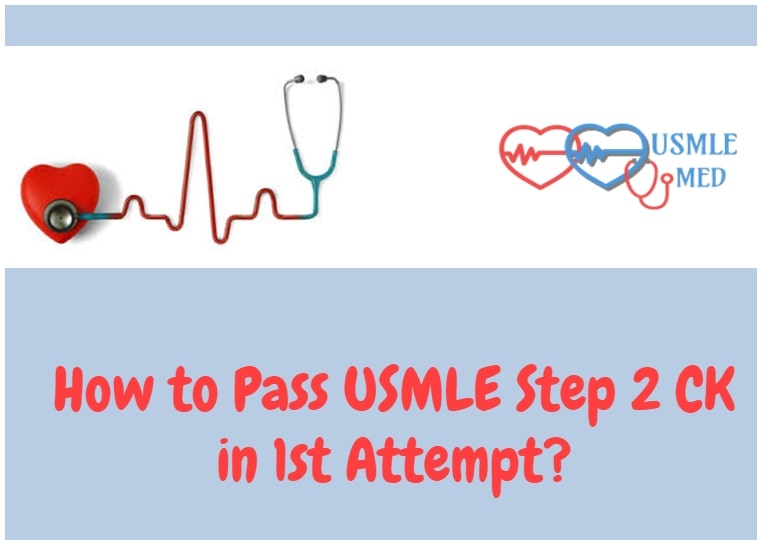


![Which Books should be covered to Pass USMLE Step 1 Exam in 2023? [12 Very Important Resources] IMG_5321](https://usmlemed.com/wp-content/uploads/2023/09/IMG_5321.jpeg)
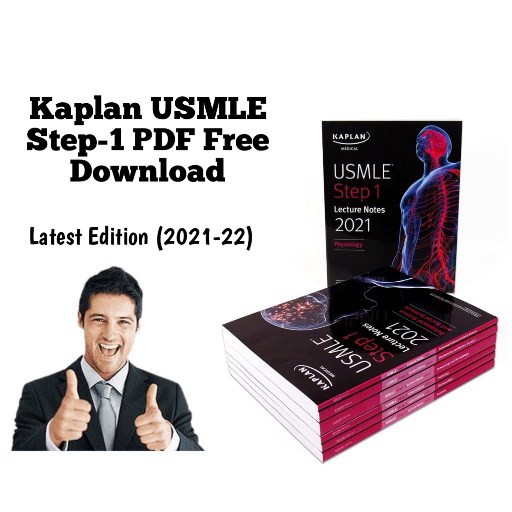

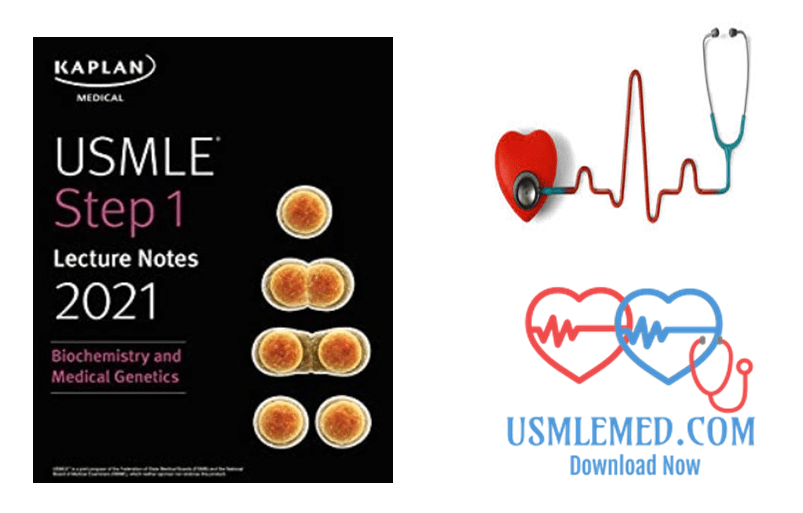
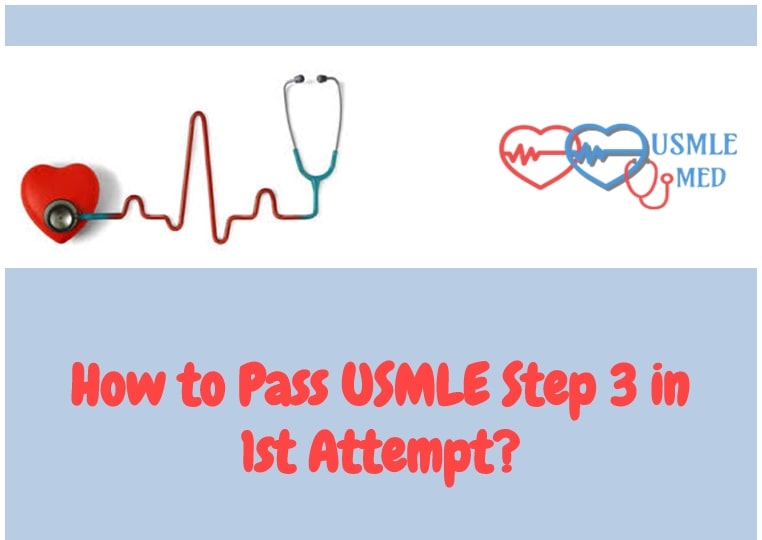
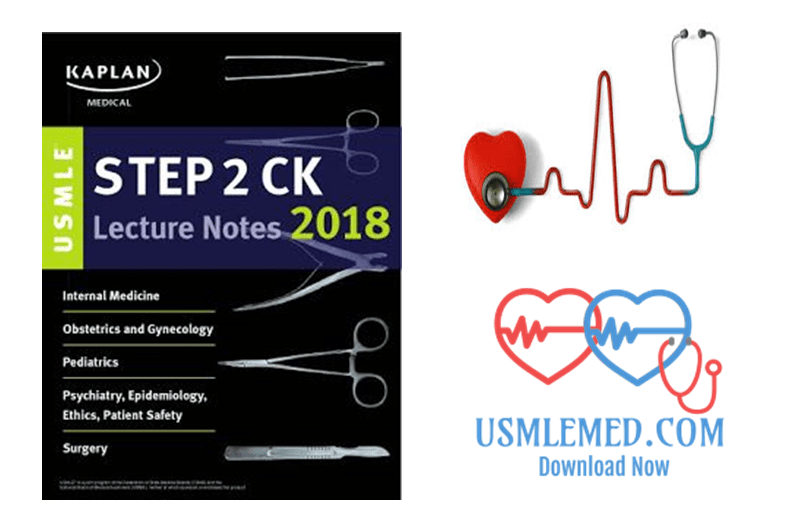

![How to cover Dr Najeeb's Medical Video Lectures for USMLE Exam [15 Important Points to consider] Dr Najeeb Medical Video Lectures Download Free](https://usmlemed.com/wp-content/uploads/2023/09/How-to-cover-Dr-Najeebs-Medical-Video-Lectures-for-USMLE-Exam-15-Important-Points-to-consider.png)
